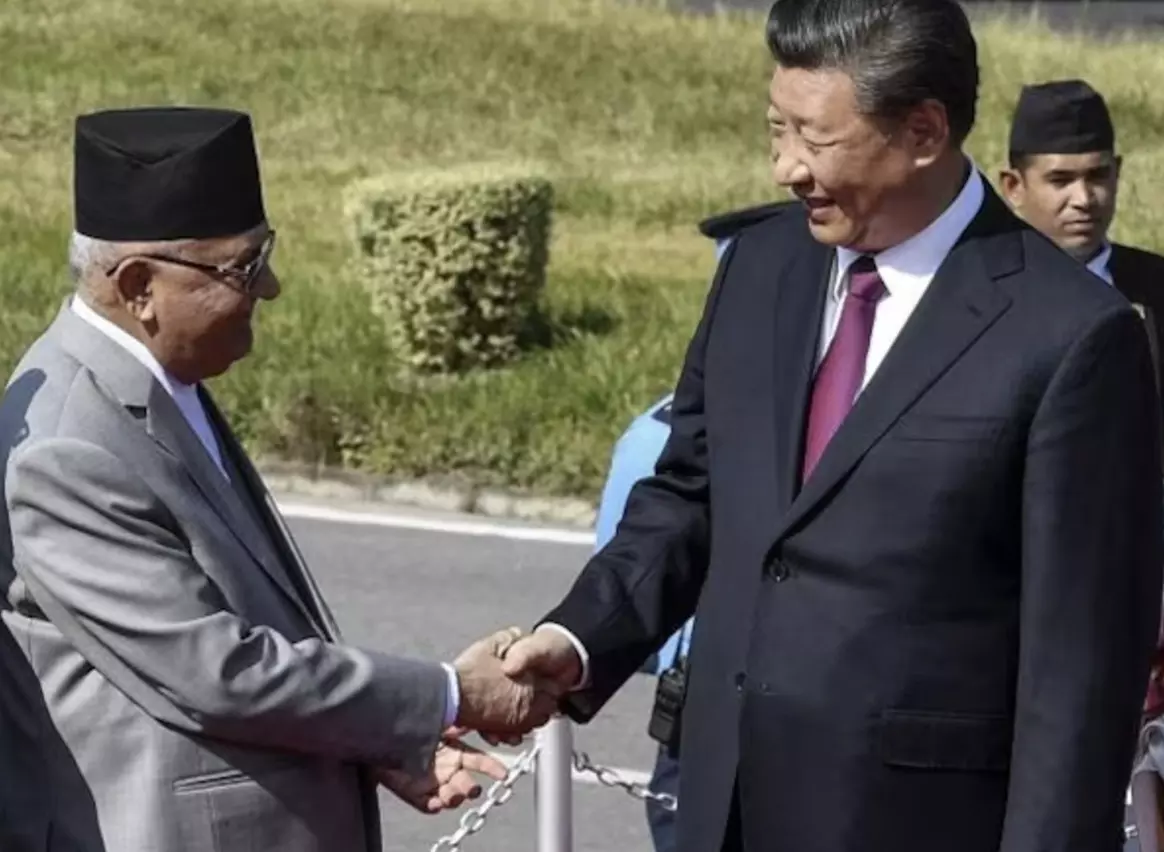Nepal signs belt and road initiative cooperation agreement with China during PM Oli’s visit
Nepal signs belt and road initiative cooperation agreement with China during PM Oli’s visit

Nepal and China have officially signed the long-awaited Belt and Road Initiative (BRI) Cooperation Framework, setting the stage for the implementation of BRI projects. The agreement was signed during Prime Minister K P Sharma Oli's official visit to China, marking his first trip to the country since assuming office for the fourth time.
In a statement shared on social media, Prime Minister Oli expressed his satisfaction with the successful bilateral discussions, including talks with Premier Li Qiang, NPC Chairman Zhang Leji, and a fruitful meeting with President Xi Jinping. He highlighted that the BRI framework would further strengthen Nepal-China economic cooperation.
The BRI cooperation agreement was signed by Nepal’s Foreign Secretary Amrit Bahadur Rai and Liu Sushe from China’s National Development and Reform Commission, as confirmed by the Prime Minister’s office.
The Belt and Road Initiative, a massive infrastructure and connectivity project, aims to link China with regions in Southeast Asia, Central Asia, Russia, and Europe. Despite Nepal and China having signed the BRI agreement in 2017, no projects had been executed under the framework until now. The details of the new cooperation framework remain undisclosed.
A joint statement released on Tuesday emphasized both countries' commitment to signing the MoU for the Trans-Himalayan Multi-Dimensional Connectivity Network (THMDCN) and advancing BRI cooperation, with no specific timeline mentioned.
The two nations expressed a mutual interest in improving connectivity in areas such as ports, roads, railways, aviation, power grids, and telecommunications. This is part of Nepal’s aim to transition from a landlocked country to a land-linked one.
While initial proposals from Nepal included grants for BRI projects, China suggested replacing the term "grant" with "investment." Following discussions, both sides agreed to use the phrase “aid and technical assistance” for project execution in Nepal, finding a compromise on the terms.
During his visit, Prime Minister Oli also called on Chinese investors to explore opportunities in Nepal, emphasizing the country’s commitment to providing investment security. He reiterated Nepal's aspiration for a “Prosperous Nepal, Happy Nepali” and welcomed Chinese investors to benefit from Nepal's natural beauty and untapped potential.
The BRI agreement is expected to open new avenues for economic cooperation between Nepal and China, paving the way for greater infrastructure development and bilateral relations.

